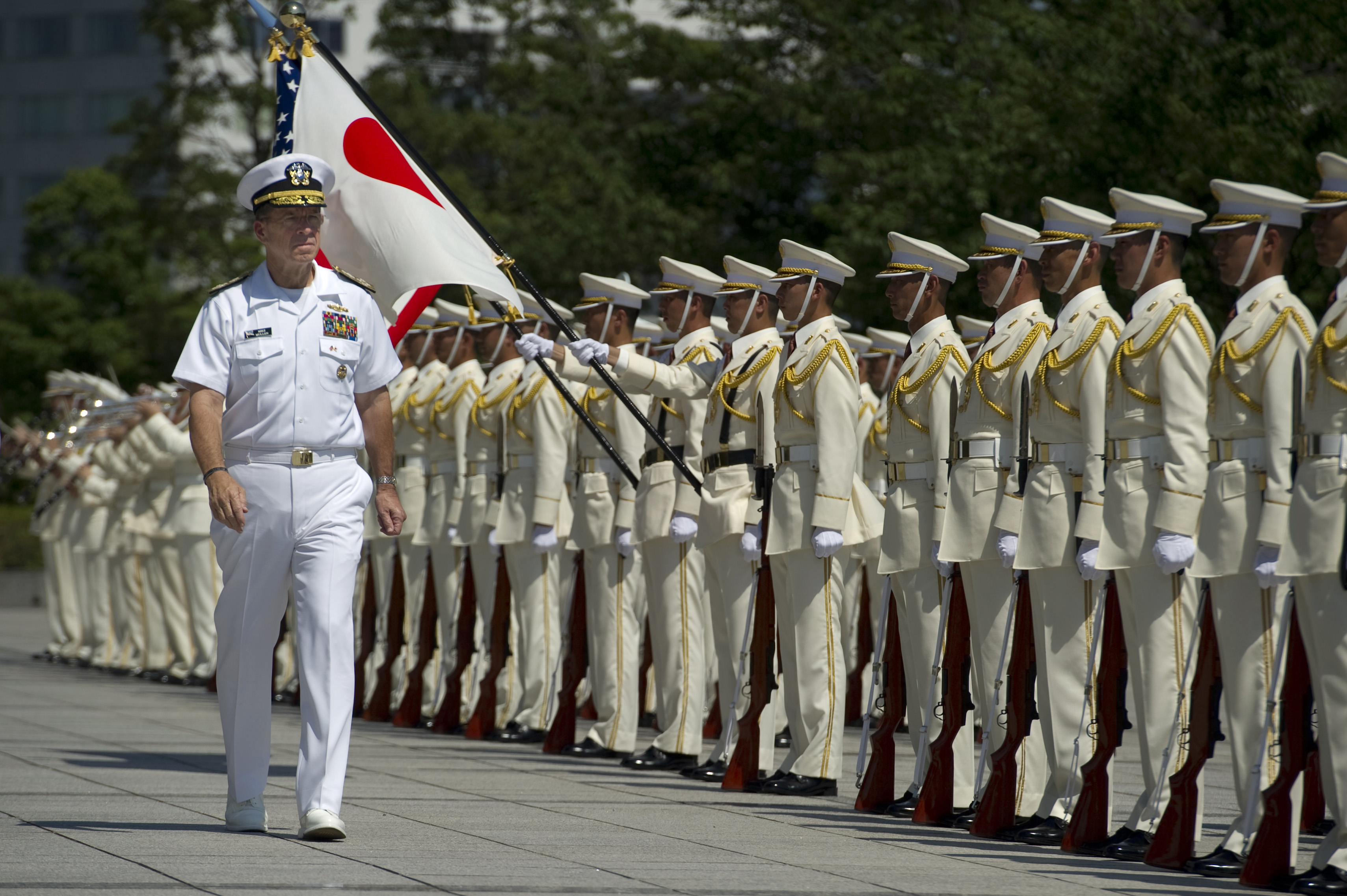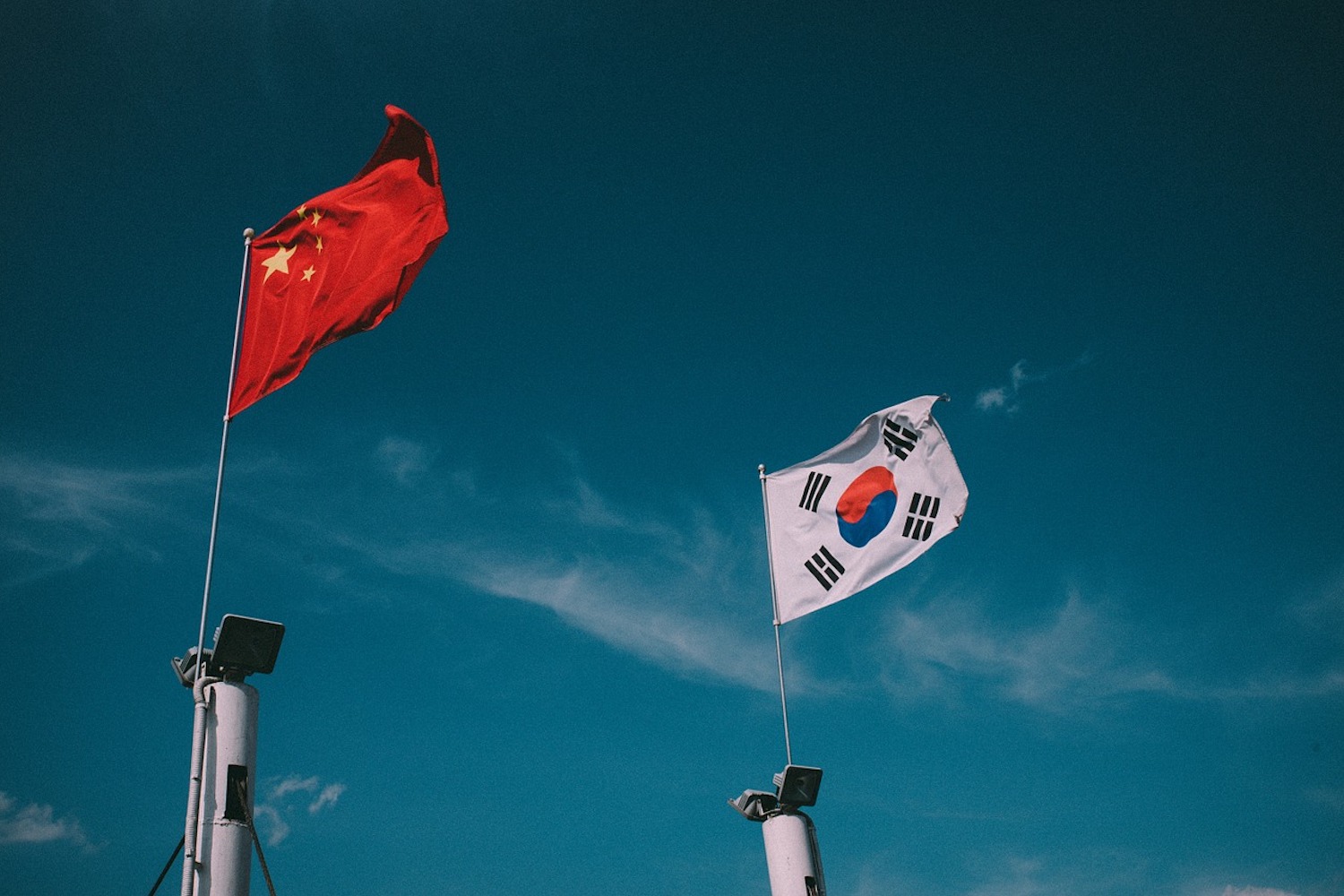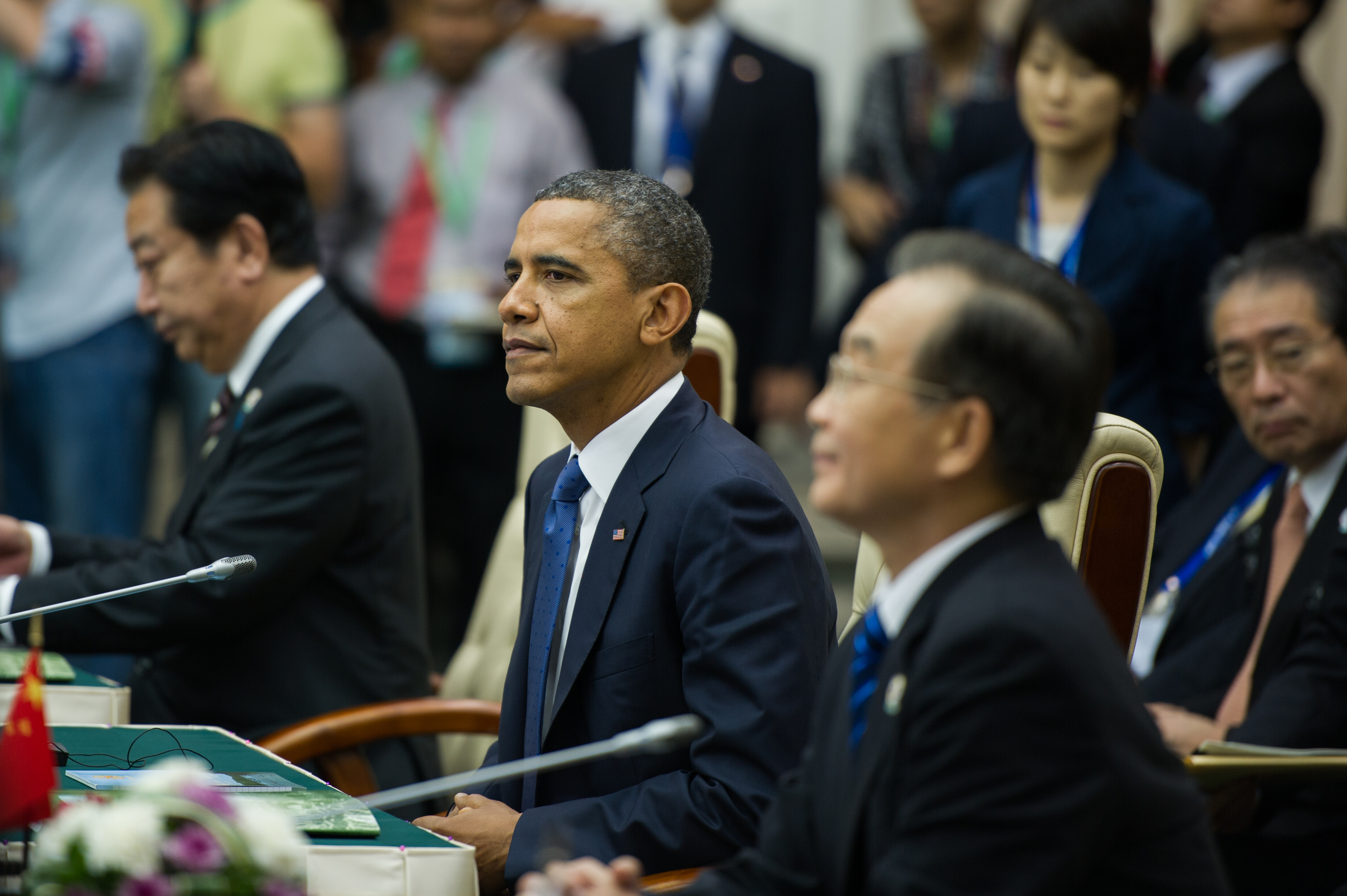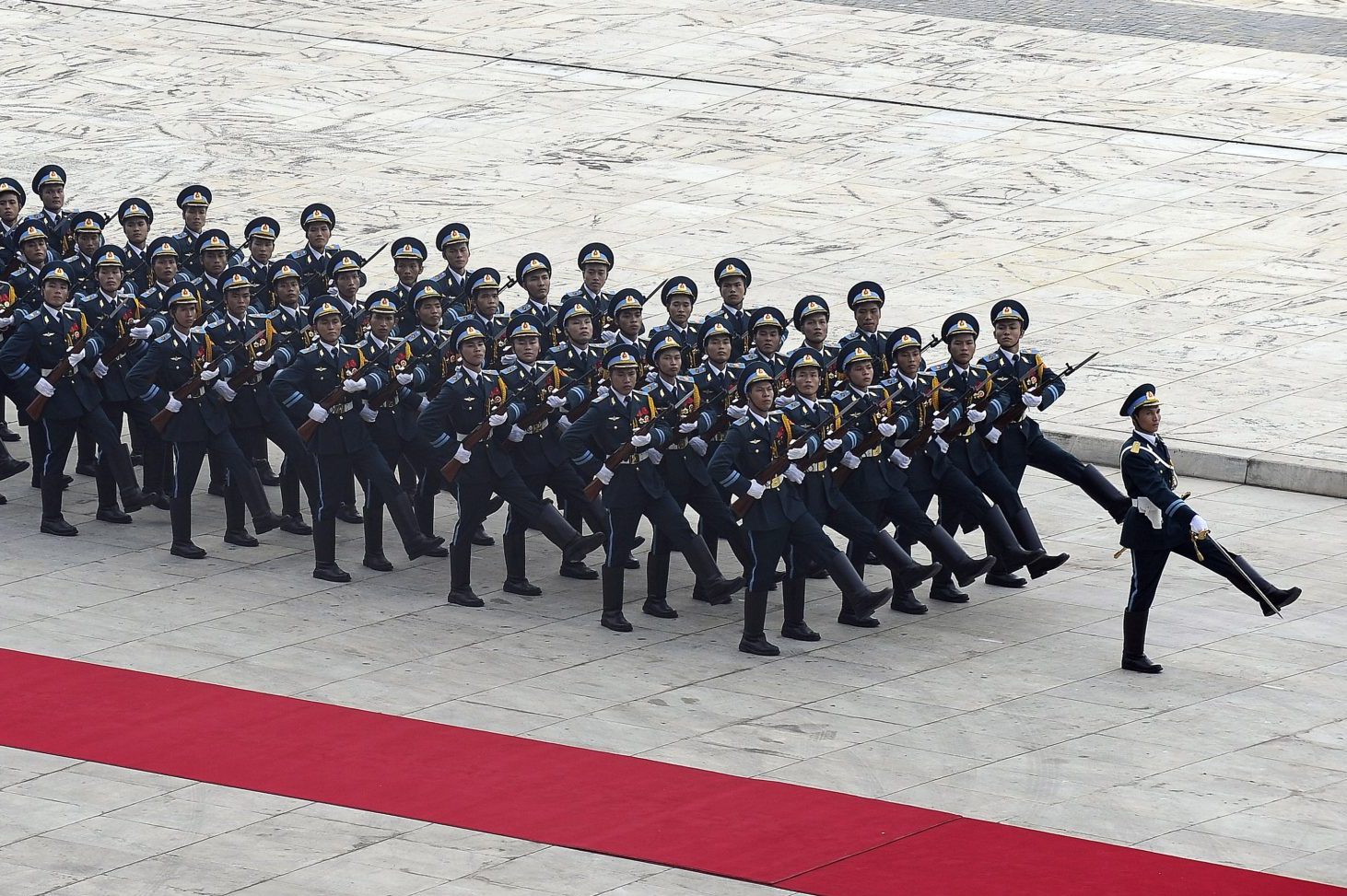On August 30, 2015, tens of thousands of Japanese citizens, young and old alike, gathered in front of the Diet in Tokyo. Holding signs reading “No War,” some protesters even demanded the prime minister’s resignation, likening him to Adolf Hitler. Japan has not seen demonstrations of such a magnitude since the protests in the 1960s against changes to the Japan-US security treaty. This time, the trigger was a series of eleven security-related bills that Prime Minister Shinzo Abe, his Liberal Democratic Party (LDP), and its allies have pushed through the Diet. The proposed legislation would reinterpret the constitution to allow the Japan Self-Defense Force (JSDF) to engage in collective self-defense and participate in foreign military operations. In July, the lower house approved these bills, earning a key victory for Abe and proponents of this legislation. Before the end of the incumbent Diet’s session on September 27, the upper house, of which the LDP’s coalition also holds control, was widely expected to pass the bills as well. Indeed, after over 200 hours of debate, the upper house approved the bills, allowing Japanese armed forces to fight overseas for the first time since World War II.
The contentious nature of the proposed legislation dates back to post-World War II Japanese constitutional history. On the heels of the surrender of the Japanese military on September 2, 1945, General Douglas MacArthur issued General Order No. 1, calling for the complete disarmament of all Japanese military officers. By the time discussions for a new constitution were underway in 1946, both the Imperial Army and the Navy had been fully dissolved, with the exception of minesweeping naval forces to track down the remaining mines planted around Japan. On November 3, 1946, the postwar Imperial Diet promulgated a new constitution, to take effect on May 3, 1947. The very Preamble to the constitution set the tone for the remainder of the document by proclaiming “We, the Japanese people, … resolved that never again shall we be visited with the horrors of war through the action of government….” Going even further, under Article 9 of the constitution, Japan explicitly embraced pacifism, declaring that “the Japanese people forever renounce war as a sovereign right of the nation and the threat or use of force as a means of settling international disputes.”
In the course of Japanese history, however, this article has been loosely interpreted to at least allow for self-defense. Rearmament of Japan to guard against Soviet encroachments began to feature prominently in US military strategy, and by 1950, General MacArthur himself announced, “Article 9 is based upon the highest of moral ideals, but by no sophistry of reasoning can it be interpreted as complete negation of the inalienable right of self-defense against unprovoked attack.” Months later, the advent of the Korean War moved many U.S. troops out of Japan, and Japan, left without adequate military protection in the event of a Soviet invasion, authorized the creation of a National Police Reserve. By 1954, these forces were reorganized to establish the JSDF, and the constitution was reinterpreted as allowing Japan to defend itself against unprovoked attack.
Now, Prime Minister Abe has spearheaded an attempt to pass legislation that would once again reinterpret the constitution and would allow Japanese forces to engage in “collective self-defense,” meaning it can aid its allies abroad, which had hitherto been prohibited. Numerous constitutional scholars, including three experts that testified before the Diet in early June, have opined that the security bills are in fact unconstitutional, but their testimonies have apparently not dissuaded the LDP coalition. It is further unlikely that the Japanese Supreme Court would even rule on the issue at all, considering its historic reluctance to weigh in on such matters; in 1959, the court ruled that it should not judge the constitutionality of issues related to national security, instead leaving it to the democratically elected government to decide.
The protests of an apparent majority of Japanese citizens have likewise been of little effect. A poll conducted by Asahi Shimbun a week earlier reported a meagre 29% of respondents supporting the bill, while 54% opposed the bills. 68% saw no need to pass the bills in the current session of the Diet. On August 30, 2015, as many as 120,000 protesters had claimed to have assembled outside the Diet (police reports estimate a turnout of 30,000), their demonstrations echoed by another 200 rallies around the country. By the week before the final vote, opposition lawmakers expressed the frustration of their constituents with physical wrangling in a desperate attempt to delay the passage of the bills.
The US has welcomed the changes, as they will now permit Japanese armed forces to aid the American military abroad. For many Japanese citizens, the continued American military presence in places like Okinawa is already a source of much discontent. With the new legislation, many now fear that Japan will be further dragged out of its 70-year-long peace and into American conflicts abroad.
The legislation has, of course, not gone unnoticed by Japan’s immediate neighbors. China and South Korea, both victims of Imperial Japanese aggression, have predictably reacted with unease. Furthermore, as many interpret the calls to remilitarize Japan as an attempt to counter Beijing’s growing influence, Chinese media outlets have decried the bills as tarnishing Japan’s pacifist reputation. North Korea’s Foreign Ministry accused Japan of “forgetting lessons from history” and of harboring “ambition for reinvasion,” declaring that it would “strengthen [its] power to deter war.”
Over these objections, the Abe administration has insisted that the security bills have been misunderstood and unfairly portrayed as inevitably leading Japan on the road to military conflict. The Abe administration has implied that many of the protesters are misinformed about the nature of the bills and assert the changes are critical for Japanese defense in the 21st century. Proponents have argued that for far too long, Japan has been punching below its weight and prevented itself from acting like a “normal” country in military matters. Japanese inability to act in the midst of hostage crises further contributed to a sense of “abnormality” and helplessness. In late January of 2015, two Japanese citizens were abducted and murdered by ISIS. The Abe administration argued that Japanese armed forces loosened from constitutional restrictions would be able to engage in hostage rescues.
The ambiguity in the wording of the security bills has sparked fears that future governments will be empowered to greater and broader military action. Increased militarism is rarely to be desired, but the consequences of these changes are certainly not clear and may not necessarily be as dire as its opponents fear. If protesters are indeed misinformed, the government undoubtedly faces an uphill battle to change their opinions. Perhaps now manifesting itself in Abe’s slipping approval rates, continued vocal opposition of the majority of its citizenry to war will no doubt prompt Japan’s democracy to respond. Indeed, Japan’s 70-year-long history of commitment to pacifism will not easily be forgotten.
By Gene Kim
- NOVAsia Is Hiring: Call For Applications and Contributors for Spring 2025! - February 26, 2025
- NOVAsia Is Hiring: Call For Applications and Contributors for Fall 2024! - August 20, 2024
- NOVAsia Is Hiring: Call For Applications and Contributors! - February 19, 2024






